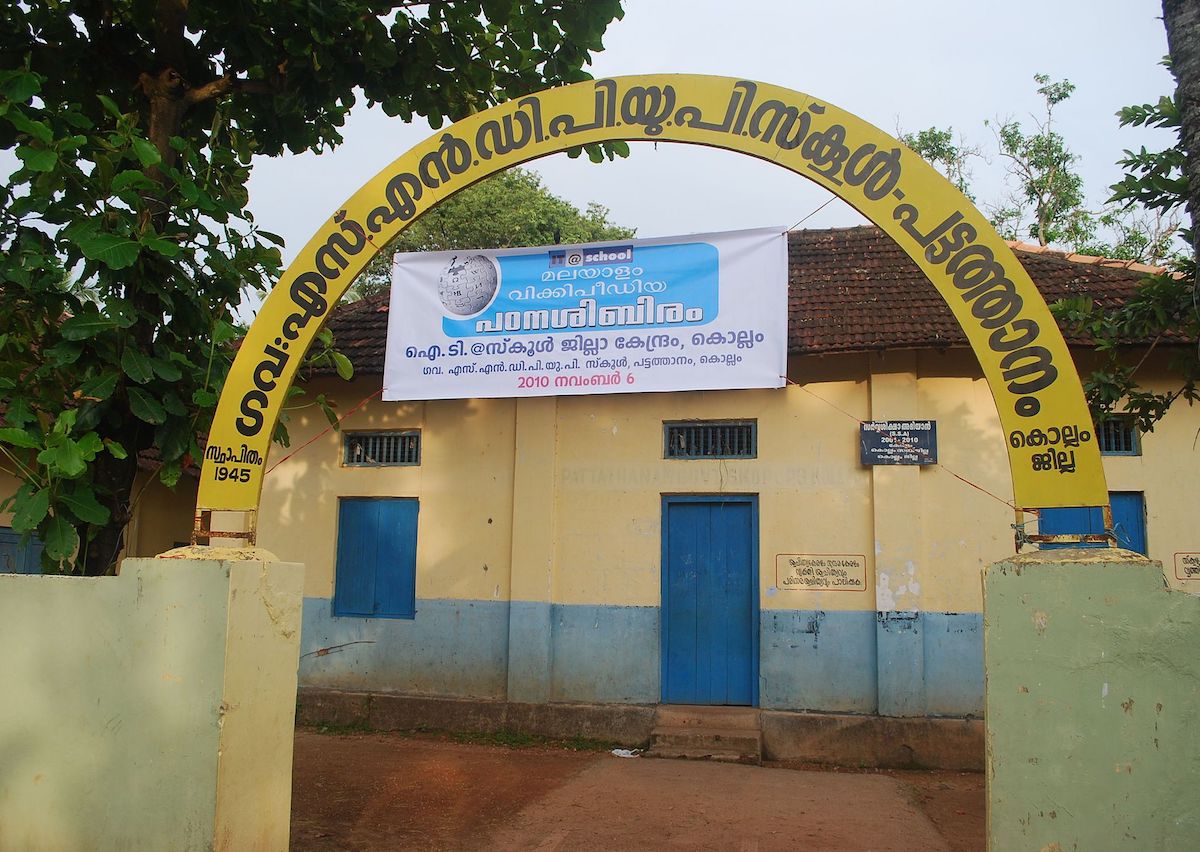Yesterday, the government announced that all education institutions in Kerala will now have to compulsorily teach Malayalam until Class 10. Governor P. Sathasivam on Tuesday signed an ordinance to this effect. The law is applicable to all institutions under CBSE and ICSE boards from the next academic session.
And while students coming to Kerala from other states or countries to study will be exempted, the government can impose a penalty of INR 5000 if schools put a restriction on students speaking Malayalam on school premises. The government also has the right to cancel NOC of schools that violate this. Earlier, the Congress government too, tried to make Malayalam compulsory even at higher secondary level, but didn’t go ahead with the plan as it would face practical difficulties in implementing.
The decision comes after the government made use of Malayalam compulsory as the official language in government offices from May 1, in lieu of it being mandatory to know Malayalam to get government jobs in Kerala. This comes after a prolonged campaign to protect the vernacular language by literary critics, writers, among others. Schools are not allowed to even impose an indirect ban on speaking Malayalam in campuses by putting up notices on the display board.
“This policy is in practice in many other states as part of ‘sons of the soil’ campaign. As a result, a lot of civil servants from other states aren’t placed in states like Tamil Nadu and Maharashtra. Hope the same doesn’t happen in Kerala too. Kerala is a state where maximum expats, including NRIs choose to settle down. Their kids might find it difficult to adjust to this new policy. So, it is good that the government is exempting these students from the policy. Will it give a boost to Malayalam literature? I don’t think so. Students who aren’t in the habit of reading won’t suddenly start reading Malayalam because of a government policy. Reading is an inculcated habit- you either have it or you don’t. The current generation already has a lot of diversion in the form of video games, internet and social media and therefore reading doesn’t come naturally to them,” says writer Praveen Gopinath.
Anand Radhakrishnan, a youngster who enjoys Malayalam literature says, “I feel that it is a good thing to make Malayalam compulsory in schools. Our thoughts, understanding and our choice in literature comes from what we learn and hear from childhood. I too, was attracted towards the language and reading Malayalam literature on the basis of what was taught to me at school and at home. And it is because of this, that I even write short stories now. So, I fully support the policy.”
Author Unni R too, feels that the policy is a welcome decision. “I don’t think that it will pose as a big challenge to government officials who are transferred as they fall under central governance and the official language for the Centre is either Hindi or English. However, Malayalam was one of those small languages that was on the verge of dying as we are already losing our regional dialects. And just as people who go to Bombay learn Marathi or those who travel to Northern States for work adapt to Hindi, there is nothing wrong in those travelling to Kerala having to learn Malayalam. A place’s culture is strongly associated with its language. So it is good to protect its existence,” he adds.
While policies to sustain a language and its culture seem like a fair decision, it shouldn’t interfere with the integrity and unity of India as a nation and create parallel movements in states.
Cover image courtesy: Fotokannan at ml.wikipedia, CC BY-SA 3.0 , via Wikimedia Commons







